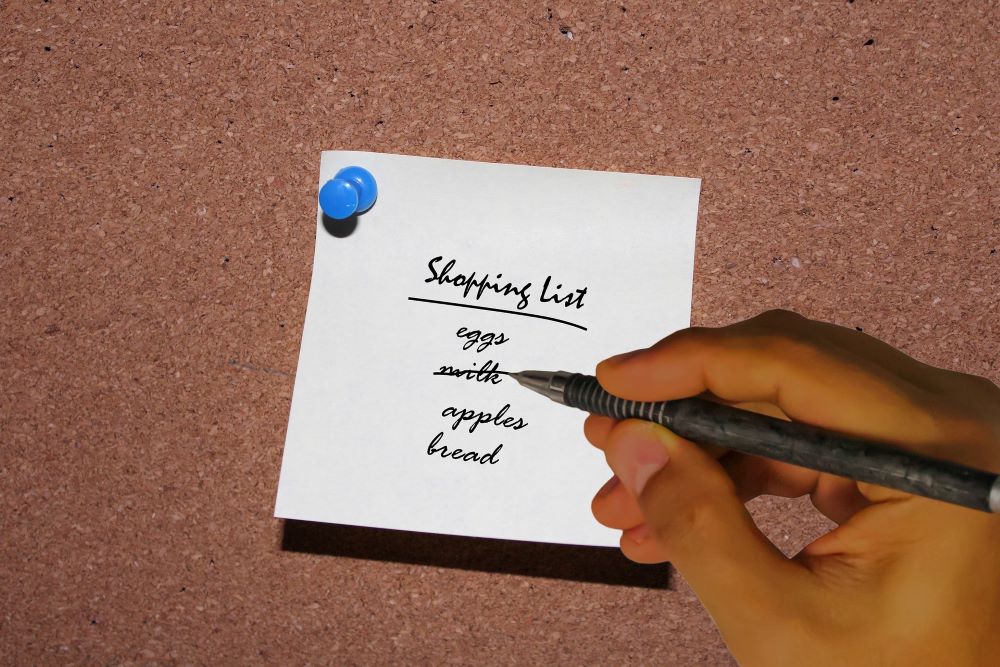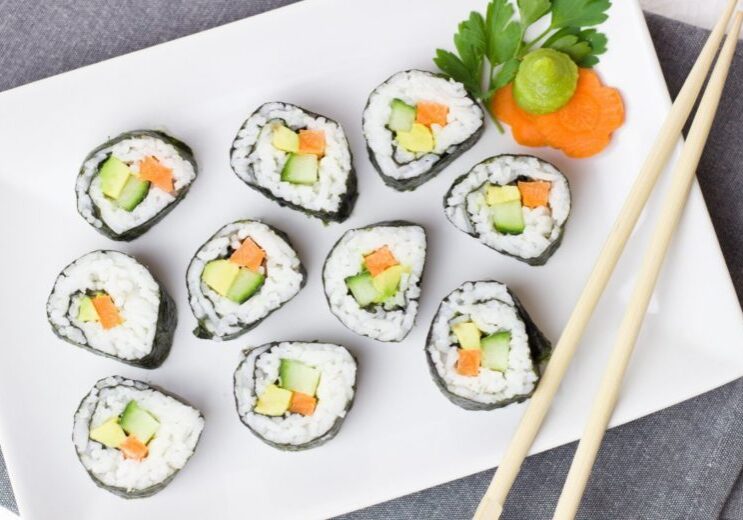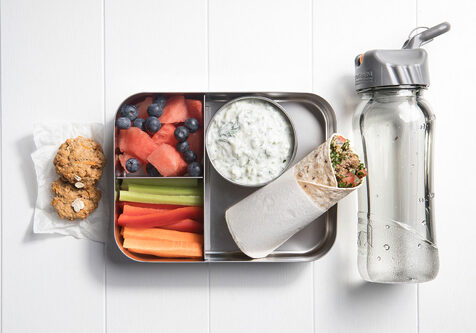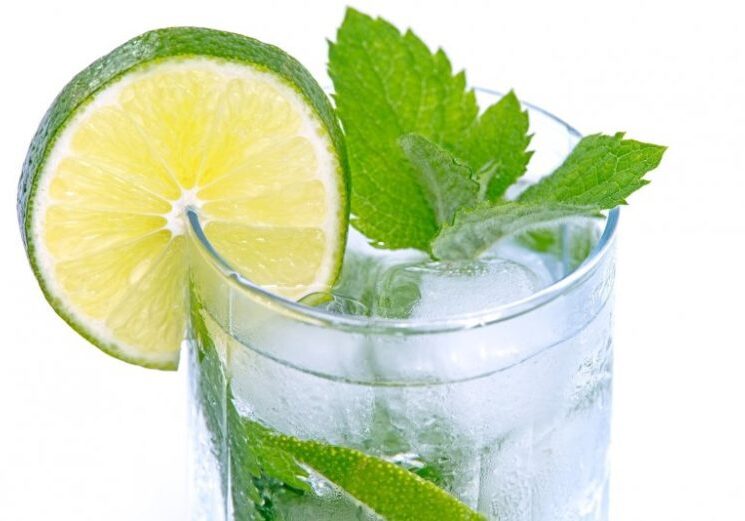10 things you should know before you go food shopping

Eating healthy doesn’t have to be expensive. There are several ways to save money while eating a healthy diet. Here are 10 things you need to know that will help you save money.
1. Writing a list is key
Make sure to scan your fridge and cabinets to see what you already have before you go shopping. There are usually a lot of foods hidden in the back of the fridge and pantry that can be used. Then only buy what you really NEED, not WANT.
2. Food companies pay good money to stock their goods at your eye level
Supermarkets charge companies to stock their products at eye level where you are more likely to see their products. Try looking up or down the shelves for cheaper options.
3. Seasonal fruit and veg is usually cheaper
Seasonal produce is more plentiful so is cheaper and fresher and tastes fantastic. You can also freeze seasonal produce – mango slices, pineapple pieces, bananas, grapes, cherries, berries and melon chunks freeze well and make quick, tasty snacks or desserts throughout the year.
4. Meat is almost always more expensive per kilogram than vegetables or fruit
Try changing your recipes to use less meat and more vegetables. Try deceasing the amount of mince used in burger patties and add grated vegetables such as carrot and zucchini . Or reduce the amount of meat in stews and casseroles and replace with legumes such as chickpeas and lentils. Make Taco mix with half meat and half kidney beans.
5. Stocking up on specials will help you save
Stock up on staples and your favourite healthy products when they’re on sale. You may need to fork out more money up front, but you will save money in the long run. Just make sure that the products you are stocking up on won’t expire in the meantime.
6. The more processed a food is, the more expensive it will be
A block of cheese that you grate yourself will be cheaper than a bag of shredded cheese and 100g of loose mushrooms will be cheaper than 100g of pre-sliced packaged mushrooms.
7. Frozen fruit and veg are just as good for you as fresh
If fresh produce is out of season or too expensive, frozen varieties are a great option. Fruits and vegetables retain their nutrients when frozen so are just as good for you as fresh. Frozen berries, peas, and spinach are available all year round and often cheaper than the fresh version.
8. ‘Convenience’ foods will cost you more
Cooking meals and preparing snacks from scratch is usually cheaper than buying an equivalent packaged meal or snack. For example, homemade cheese and biscuits will cost around $0.95/100g compared to up to $5.00/100g for pre-packaged sliced cheese and biscuits.
9. You are more likely to choose wisely if you aren’t bored, tired or hungry
Try to grab a healthy snack like a piece of fruit, yoghurt or cheese and crackers before you go food shopping You are more likely to reach for those expensive, unhealthy snacks and junk foods when you are hungry.
10. Cooking in bulk saves you time and money
Why not cook double the amount of your favourite recipes, especially when the main ingredients are on sale or in season. Leftovers can be used for lunches or frozen in single-portion sizes to be enjoyed later on. Leftovers can also be turned into other recipes. For example, Bolognese sauce can be used on pasta, in lasagne, in shepherds pie, in burritos or on a roll for lunch.
Be a smarter shopper.



